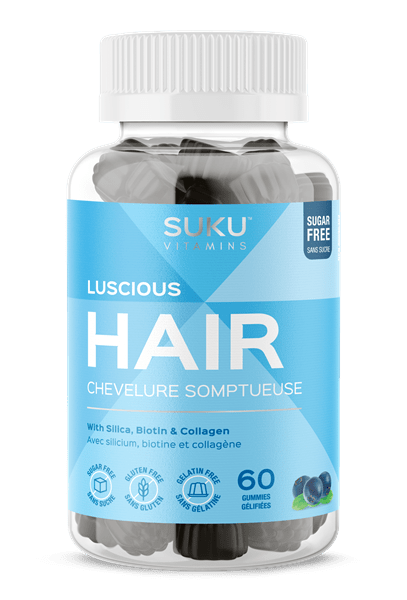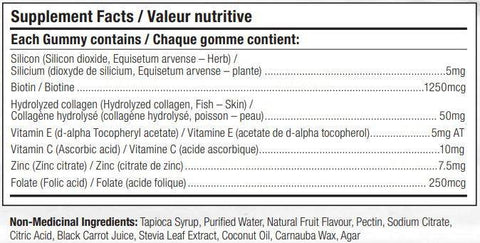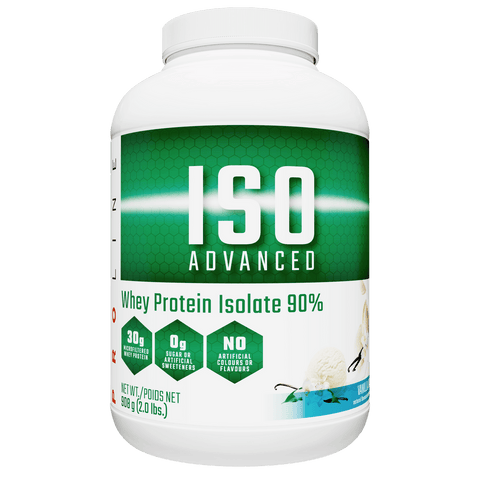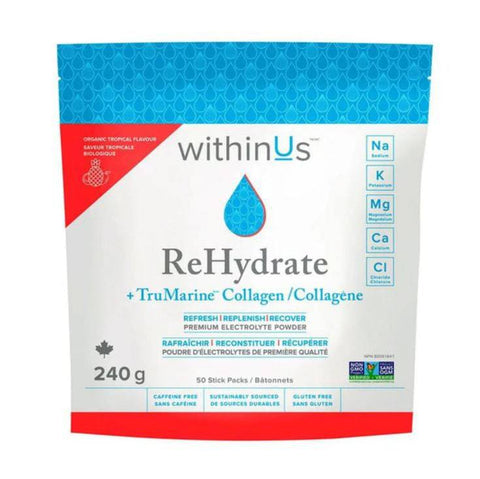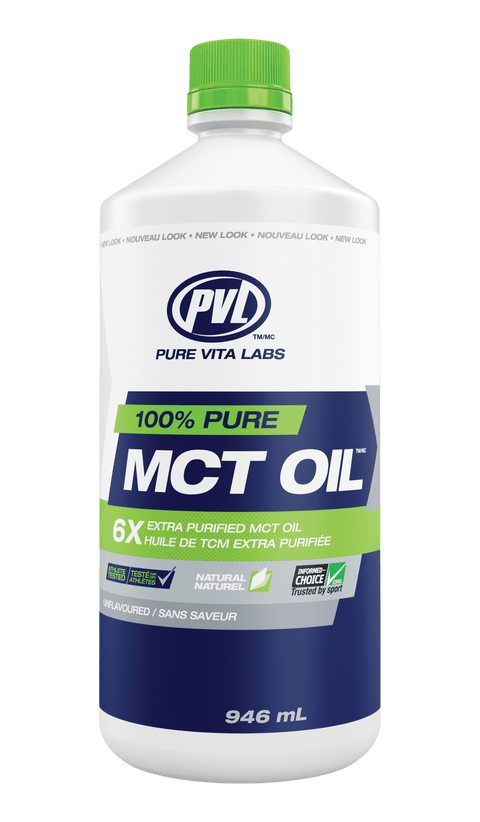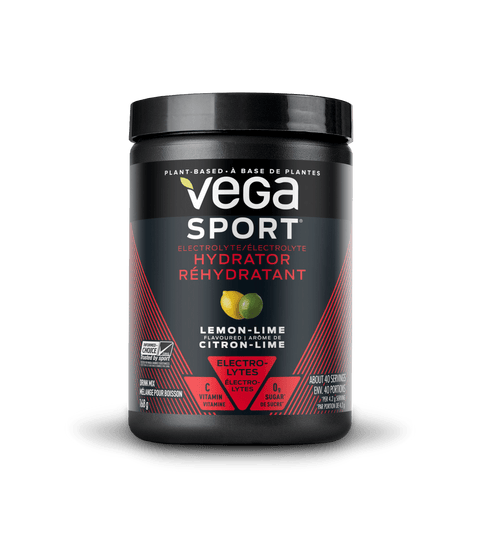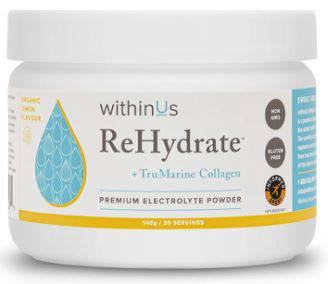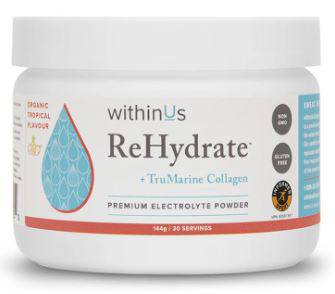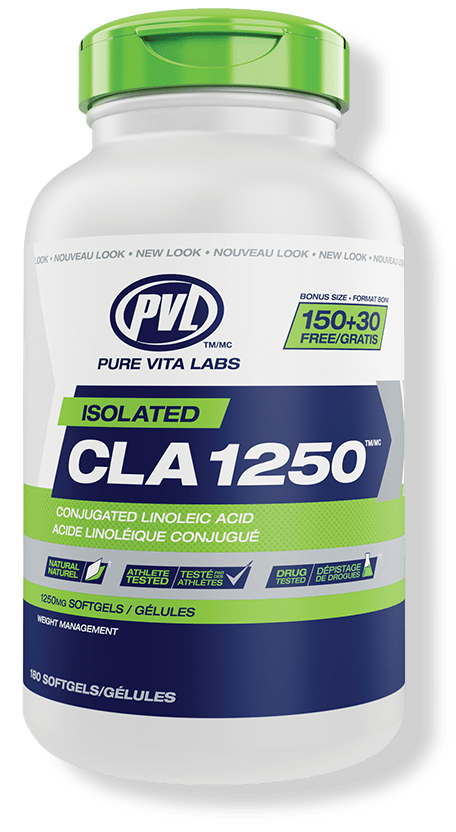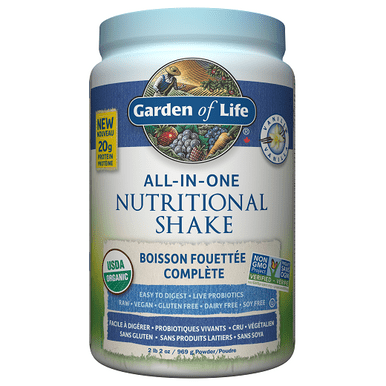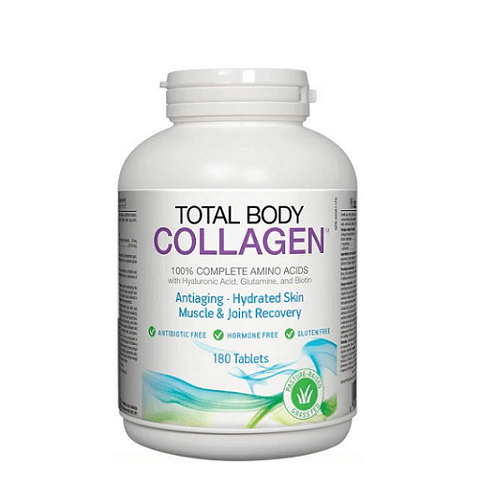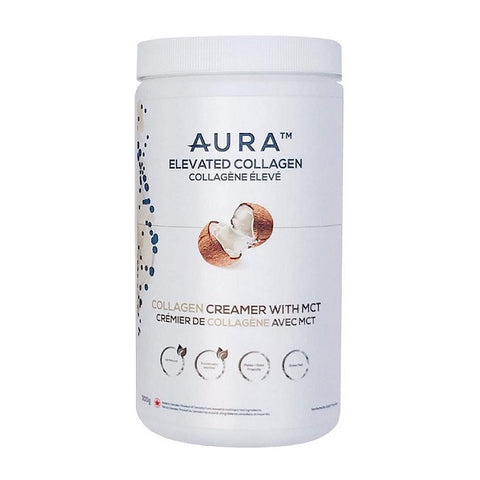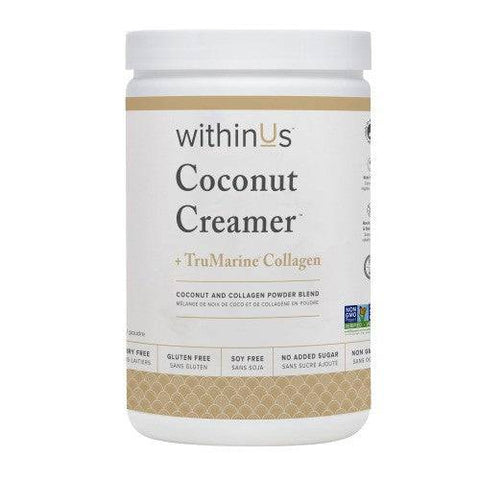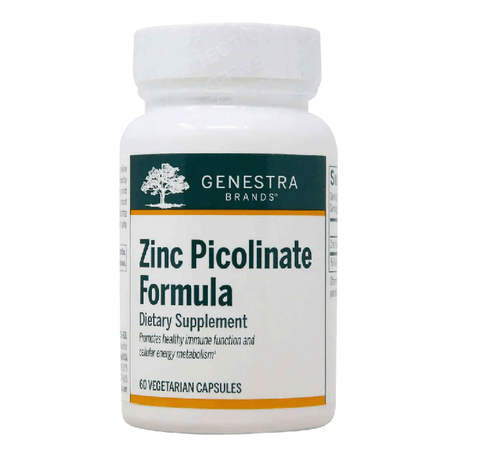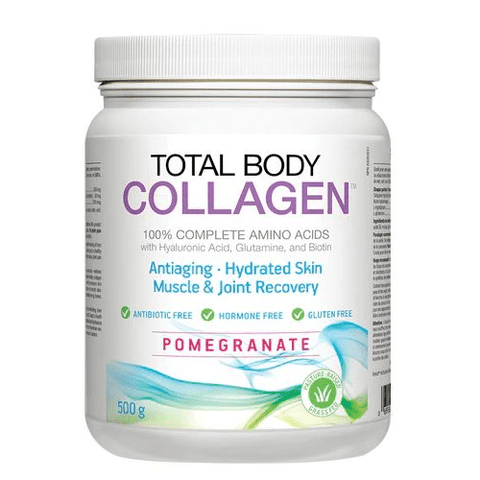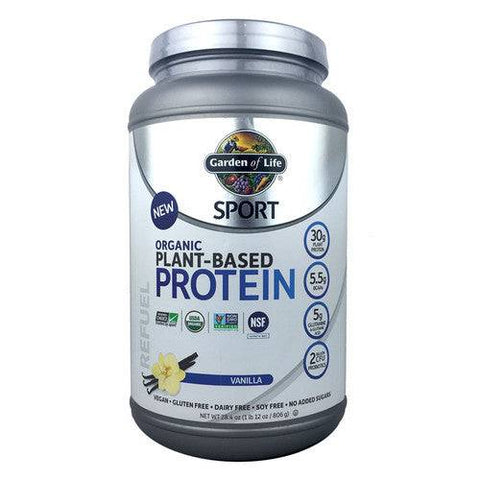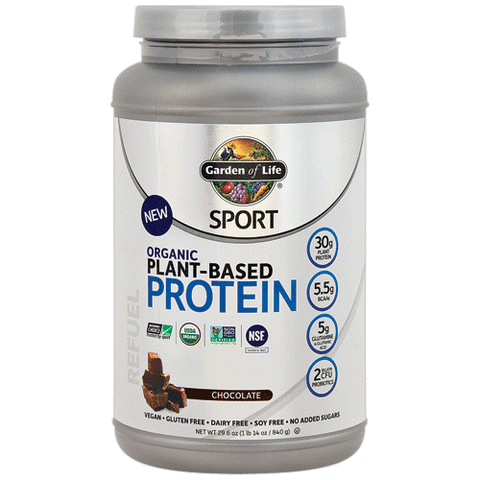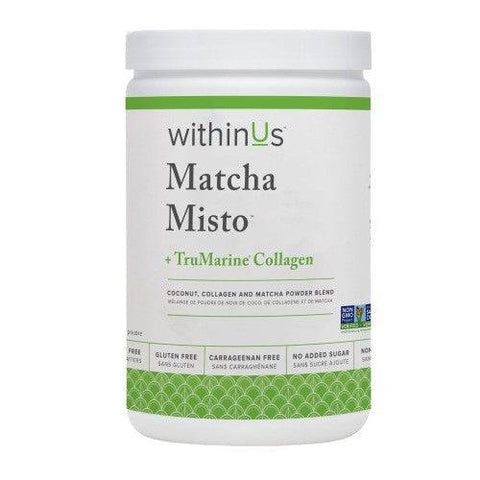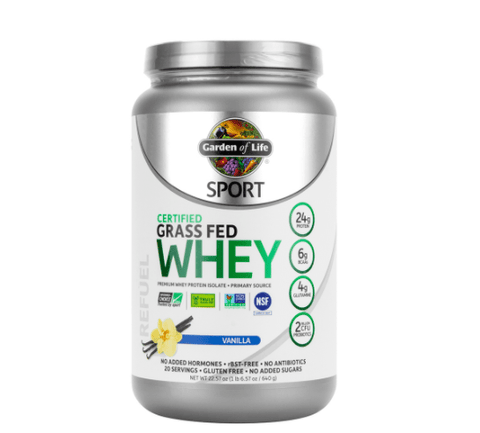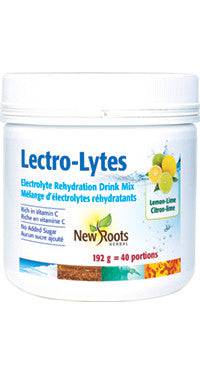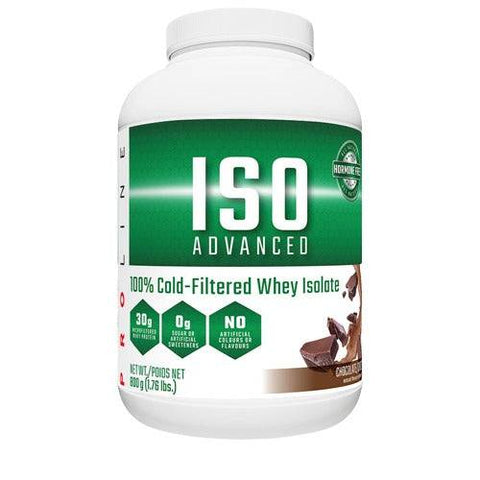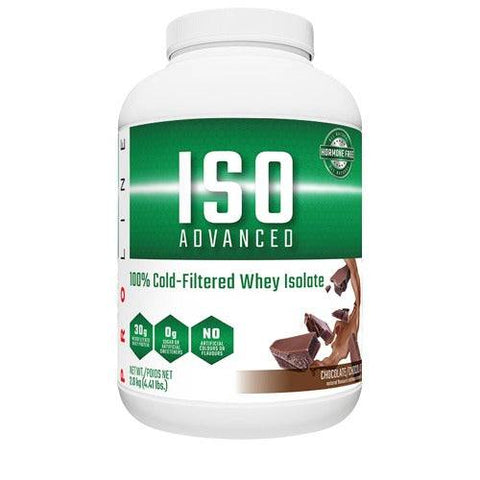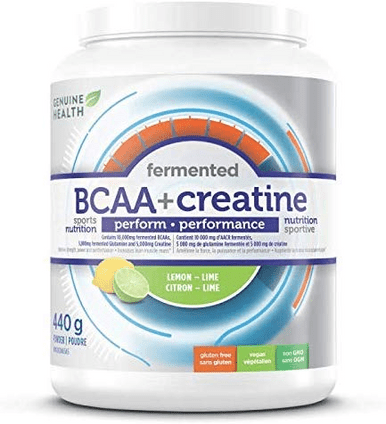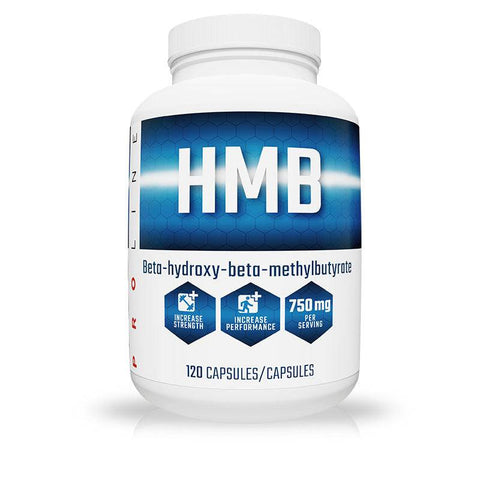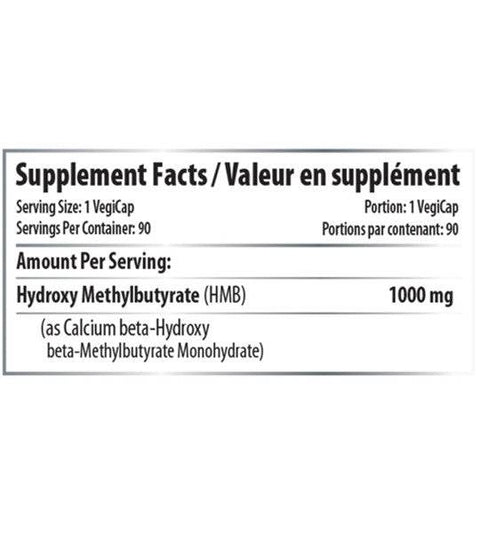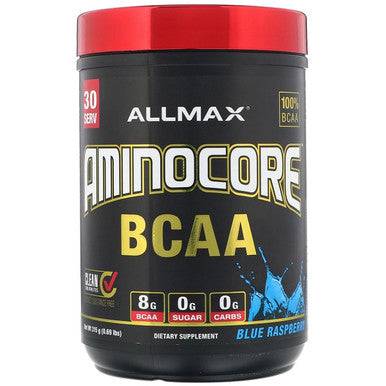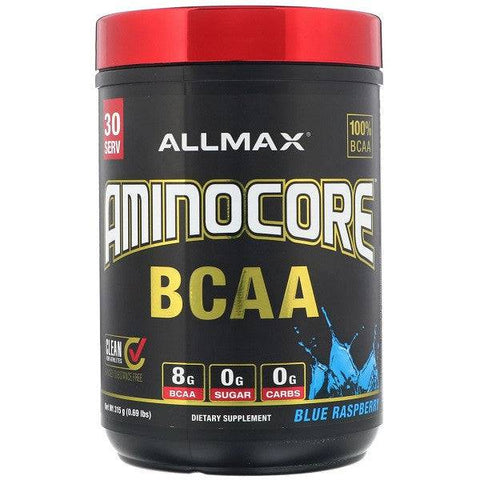Post-workout supplements are designed to help your body recover after a tough training session. Here's a breakdown of what they're made of and how they can benefit you:
Ingredients:
The ingredients in post-workout supplements vary depending on the specific product's goals. Here are some common ones:
- Protein source: Whey protein, casein protein, soy protein, or a blend, to provide essential amino acids for muscle repair and growth.
- Amino acids: Branched-chain amino acids (BCAAs) are popular for muscle protein synthesis and recovery.
- Carbohydrates: Simple and complex carbs help replenish glycogen stores used for energy during exercise.
- Electrolytes: Sodium, potassium, and other minerals lost through sweat can be replenished to maintain hydration and muscle function.
- Creatine: May support muscle recovery and growth, although results can vary.
- Glutamine: This amino acid might aid muscle recovery and immune function, but research is ongoing.
Formulation:
Similar to pre-workouts, post-workout supplements come in various forms, with protein powder being the most common. Other options include shakes, capsules, tablets, and even gummies.
Flavor:
Just like protein bars, post-workout supplements come in a wide range of flavors to make them more enjoyable to consume. Popular choices include chocolate, vanilla, strawberry, and fruit punch.
Texture:
Texture varies by format. Powders tend to be fine and mix well with water or milk. Capsules, tablets, and gummies will have their own unique textures depending on the product.
Dosage:
Dosage recommendations depend on the specific product and its ingredients. It's important to follow the manufacturer's instructions and not exceed the recommended amount.
Recovery support:
Post-workout supplements aim to support your body's recovery process in several ways:
- Muscle repair: Providing protein and BCAAs helps rebuild and repair muscle tissue broken down during exercise.
- Replenishing glycogen stores: Carbs help restore glycogen, your body's primary energy source during exercise.
- Rehydration: Electrolytes help replace minerals lost through sweat, promoting proper hydration and muscle function.
Protein source:
The protein source is a key factor. Whey protein is popular for its rapid absorption, while casein protein offers sustained release. Other options like soy or pea protein cater to vegan or dairy-free needs.
Amino acids:
Branched-chain amino acids (BCAAs) are a popular choice for promoting muscle protein synthesis and potentially reducing muscle soreness.
Carbohydrates:
Post-workout carbs help replenish glycogen stores depleted during exercise, aiding in recovery and preparing your body for the next workout.
Electrolytes:
Sweating during exercise leads to electrolyte loss. Replenishing electrolytes with sodium, potassium, and others helps maintain hydration and muscle function.
Creatine:
Creatine supplementation may support muscle recovery and potentially enhance future performance, although results can vary depending on training intensity and diet.
Glutamine:
This amino acid is involved in muscle protein synthesis and immune function, but research on its effectiveness in post-workout supplements is ongoing.
Additives:
Some post-workout supplements may contain artificial sweeteners, colors, or flavors. Look for products with minimal ingredients if you prefer a more natural option.
Allergens:
Always check the label for allergens such as soy, dairy, gluten, or nuts.
Certification:
Look for supplements with certifications like NSF Certified for Sport, which ensures the product has been tested for banned substances and meets safety and quality standards.


